Description
Here are some engaging and challenging math games for clever kids that will help them develop critical thinking and problem-solving skills while having fun:
### 1. **Math Bingo**
– **Objective**: Similar to traditional bingo but with math problems.
– **How to Play**: Players solve math problems (addition, subtraction, multiplication, division, etc.) to mark off numbers on their bingo card. The first to complete a row or full card wins.
– **Skills Developed**: Quick math calculations, mental arithmetic.
### 2. **24 Game**
– **Objective**: Use four numbers and the basic operations (addition, subtraction, multiplication, and division) to make 24.
– **How to Play**: Players are given four numbers (e.g., 2, 5, 7, and 8). They must figure out how to combine the numbers using basic operations to get 24. Each number must be used exactly once.
– **Skills Developed**: Logical thinking, number manipulation, and arithmetic.
### 3. **Sudoku**
– **Objective**: Fill a 9×9 grid with numbers so that each column, row, and 3×3 sub-grid contains all the numbers from 1 to 9 without repetition.
– **How to Play**: Sudoku puzzles come in various levels of difficulty. Players use logical reasoning to fill in the missing numbers based on the numbers already in the grid.
– **Skills Developed**: Logical thinking, pattern recognition, deduction.
### 4. **Math Puzzles and Brain Teasers**
– **Objective**: Solve math-related puzzles that require creative thinking.
– **Examples**:
– “If you have two coins that add up to 55 cents, and one of them is not a nickel, what are the two coins?”
– “A person is 30 years old. His father is 60 years old. How old will the father be when the person is half his father’s age?”
– **Skills Developed**: Critical thinking, problem-solving, reasoning.
### 5. **Math Relay Race**
– **Objective**: Teams compete to solve math problems the fastest.
– **How to Play**: Divide the children into teams. Each team must solve math problems, and once one member finishes a problem, they tag the next player to solve their problem. The team that finishes first wins.
– **Skills Developed**: Speed, teamwork, arithmetic.
### 6. **Tangrams**
– **Objective**: Create shapes or pictures using seven geometric pieces.
– **How to Play**: Given a set of seven pieces (known as tans), kids are tasked with using them to form a specific image or shape. This can be done by following instructions or creatively making their own designs.
– **Skills Developed**: Spatial reasoning, geometry, creativity.
### 7. **Math Jeopardy**
– **Objective**: Answer math-related questions from various categories.
– **How to Play**: Set up a “Jeopardy” style game board with categories like “Addition,” “Multiplication,” “Fractions,” “Geometry,” etc. Kids select questions from the board, answer them, and earn points. The team or player with the most points wins.
– **Skills Developed**: Math fluency, knowledge across different areas, strategic thinking.
### 8. **Math Card Games (e.g., Math War)**
– **Objective**: Use a deck of cards to perform arithmetic operations.
– **How to Play**: In Math War, each player flips over two cards and adds, subtracts, or multiplies the numbers. The player with the higher (or lower, depending on the variation) total wins the round. Continue until one player wins all the cards.
– **Skills Developed**: Addition, subtraction, multiplication, mental math.
### 9. **Logic Grid Puzzles**
– **Objective**: Use clues to fill in a grid of possibilities.
– **How to Play**: Players are given a list of statements and must use logical reasoning to complete a grid (e.g., matching people with their favorite colors based on clues). This often involves deduction and elimination.
– **Skills Developed**: Logical reasoning, pattern recognition.
### 10. **Kakuro**
– **Objective**: A number puzzle game similar to Sudoku but with sums instead of sequences.
– **How to Play**: Players fill in a grid of cells with numbers so that the sum of the numbers in each horizontal and vertical block equals the number in the “sum” section. Kakuro requires addition and subtraction skills.
– **Skills Developed**: Logical reasoning, number strategies, addition.
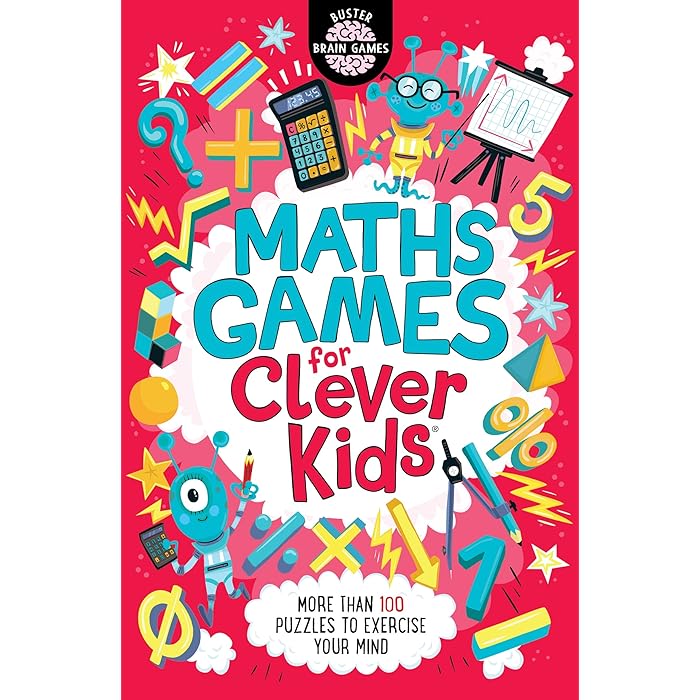

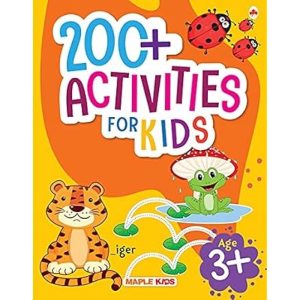
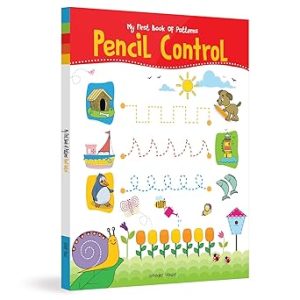
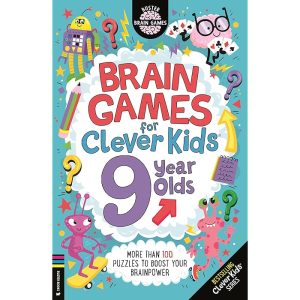


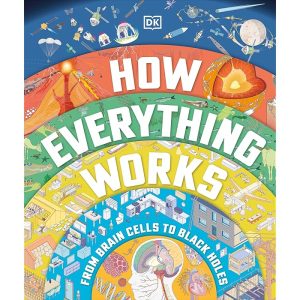



Reviews
There are no reviews yet.